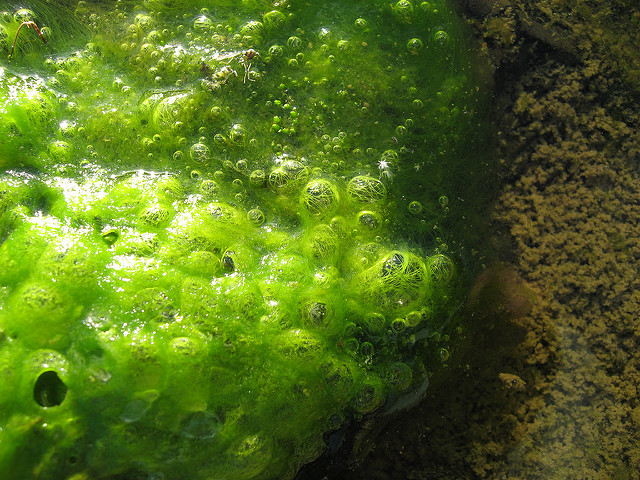A strange new virus affecting your brain sounds like something out of science fiction. However, a research team led by Dr. Robert Yolken from Johns Hopkins University found exactly that while studying the relationship between viral infections and brain development. They examined viruses present in the throats of 33 healthy adults, and surprisingly, they detected Acanthocystis turfacea Chlorella virus 1 (ATCV-1). It was previously thought that the virus could not infect humans or animals since ATCV-1 usually infects green algae. This discovery is evidence of viral jumping, a biological phenomenon in which viruses jump from one species to another.
Image Source: kampee patisena
In further investigation, the team conducted a study involving 92 participants, finding that 44% of them had ATCV-1 in their throats. The subjects then took a variety of cognitive tests to determine whether or not the virus impacted their cognitive functions. Compared to the control group without the virus, the group infected with the ATCV-1 performed worse on tests measuring the speed and accuracy of their visual processing. Those with the virus scored an average of nine points lower on the visual processing test that measured how quickly they could draw a line between numbered circles on a sheet of paper. This group also performed seven points lower on tests measuring their attention span.
The researchers also tested mice to determine if the virus affected their cognitive functions. Infected mice performed worse on tests measuring their recognition memory and spatial orientation than uninfected mice. Mice with the virus had more difficulty navigating a maze and spent 30% less time than uninfected mice on examining a new object, indicating that they had shorter attention spans. Brain samples from the infected mice showed changes in the expression of genes in the hippocampus, the part of the brain responsible for transferring short to long term memory and spatial orientation. These findings could explain the effects of the virus, but researchers say further investigation is required to understand the impact of ATCV-1 on cognitive function.
Feature Image Source: Algae by Micheal Basial










